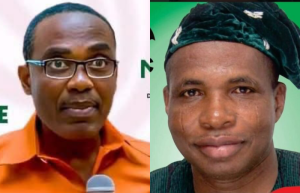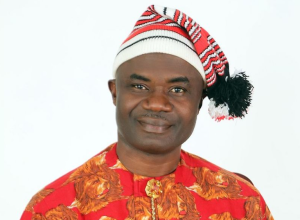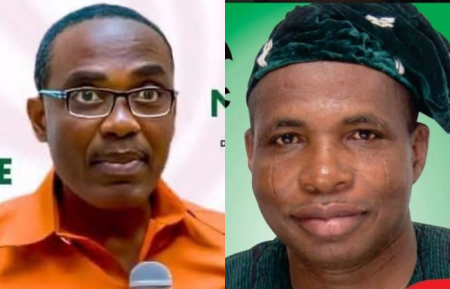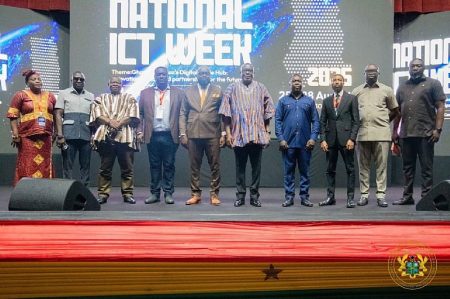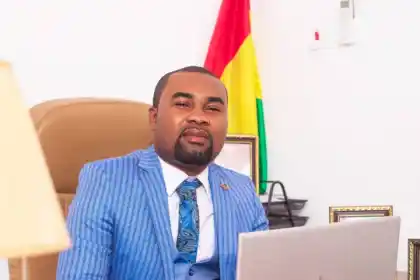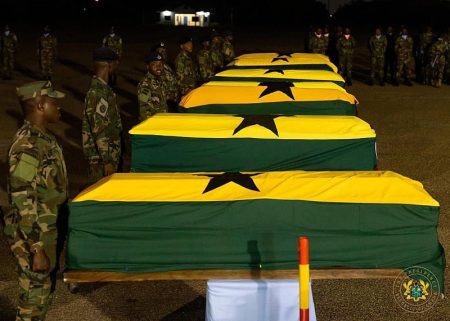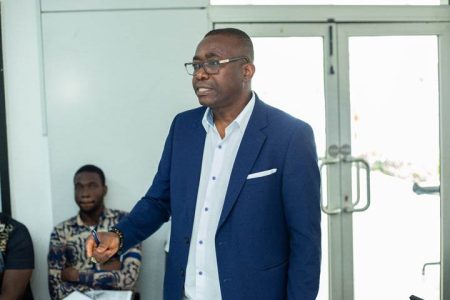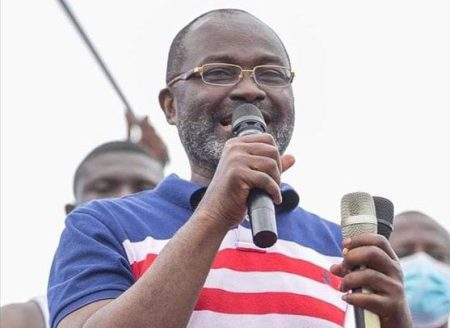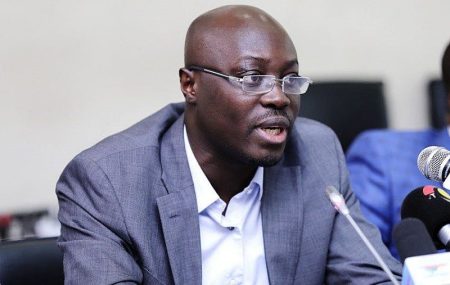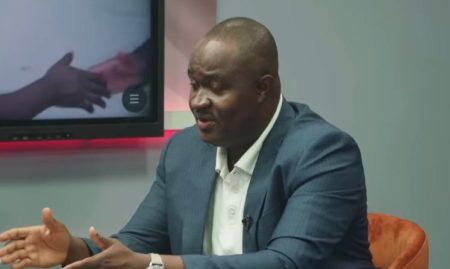Bobrisky, the Nigerian social media personality known for his controversial lifestyle and public persona, has recently been arrested by the Nigerian Immigration Service (NIS) at the Seme border. Reports indicated that Bobrisky, whose real name is Okuneye Idris Olanrewaju, was caught while attempting to flee Nigeria to the Benin Republic. The news of his arrest was initially shared by social media activist Martins Otse, also known as VeryDarkMan, who claimed that the incident took place on a Sunday night. This situation quickly drew attention both online and offline, highlighting Bobrisky’s significant media presence and the public’s interest in his legal troubles.
Confirming the arrest, the NIS released an official statement through its X page, detailing the circumstances surrounding Bobrisky’s interception. They noted that the agency is dedicated to maintaining border security and that Bobrisky had become a “person of interest” due to “recent public concerns.” The statement emphasized the importance of their role in safeguarding the country’s borders. As part of their standard operating procedures, Bobrisky is currently undergoing interrogation regarding his intentions to leave the country and any pertinent details that may arise during the questioning process.
The NIS underscored its commitment to professionalism and civility while executing its duties. They assured the general public that they would handle Bobrisky’s case with the appropriate legal protocols and that he would be turned over to the relevant authorities as necessary. The Immigration Service’s dedication to transparency and ethical governance in border control has been a focal point in the aftermath of this incident, as they navigate the complexities surrounding public figures and legal scrutiny in Nigeria.
Bobrisky’s arrest carries broader implications within the context of Nigerian society, especially concerning issues of identity, law enforcement, and public perception of LGBTQ+ individuals. The social media influencer has long been a polarizing figure, often stirring debates over cultural norms and acceptance within Nigeria. His attempt to flee the country raises questions about his motivations and the potential causes behind his decision to leave, which could relate to ongoing controversies surrounding his lifestyle and public image.
Reactions from the public and social media communities have varied widely since the news broke. Supporters of Bobrisky have expressed concern for his rights and legal treatment, while detractors have used this opportunity to criticize him further. The highly charged reactions reflect the complex cultural landscape of Nigeria, where homosexuality and non-conformity are often met with social stigma and legal repercussions. This duality highlights the ongoing struggle for acceptance and the clashing interpretations of personal freedoms within the region.
In summary, Bobrisky’s arrest at the Seme border by the Nigerian Immigration Service marks a significant moment in the discourse surrounding personal identity, legal frameworks, and cultural acceptance in Nigeria. As he undergoes interrogation and the NIS assures the public of its commitment to professionalism, the implications of this case will likely unfold in the public eye, shedding light on the enduring tensions related to social norms and the treatment of individuals who defy conventional expectations in Nigerian society.


